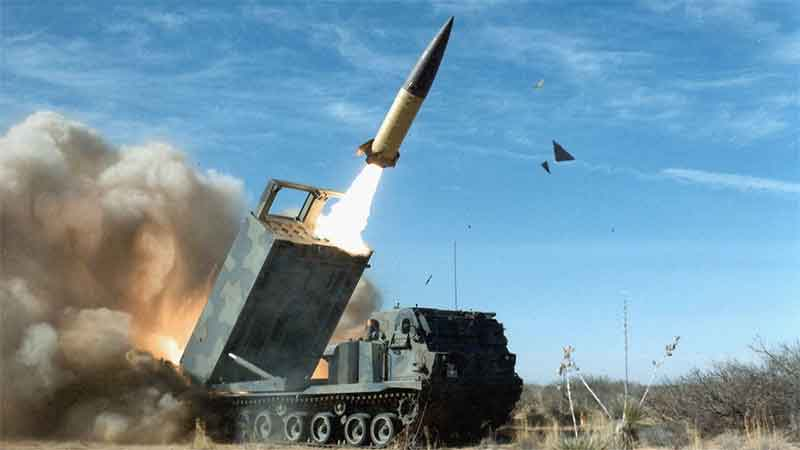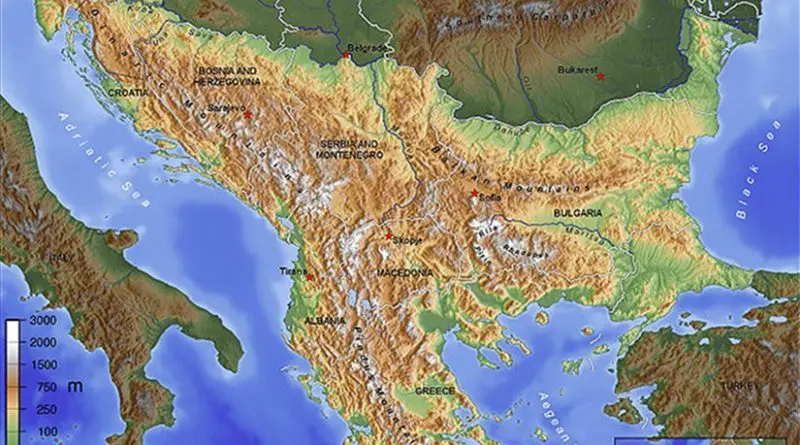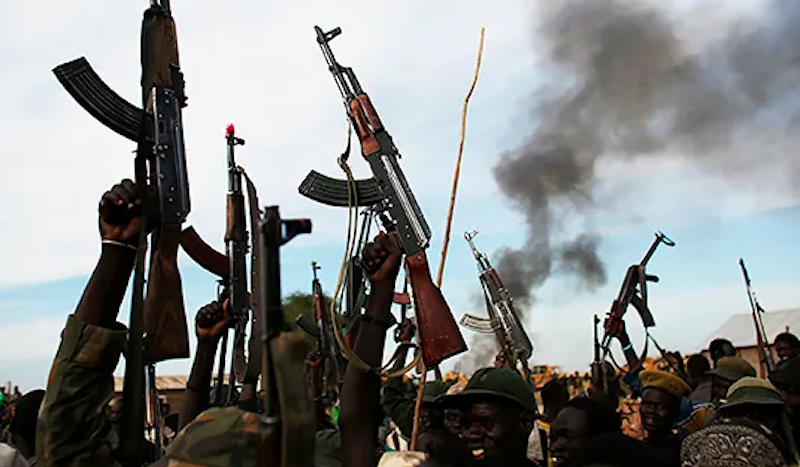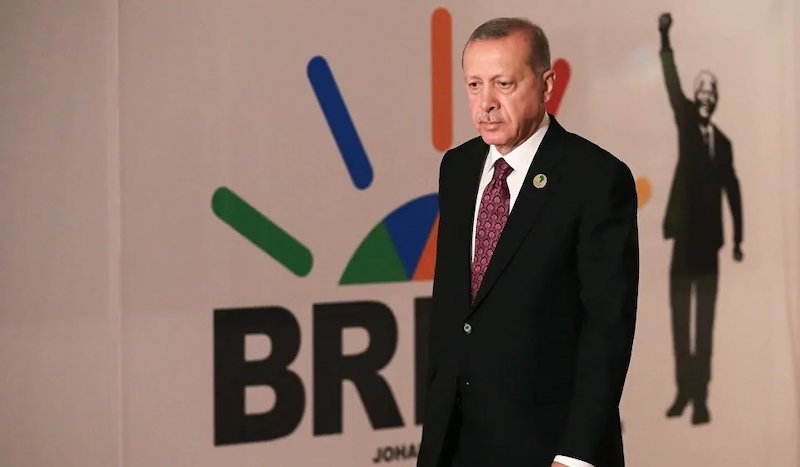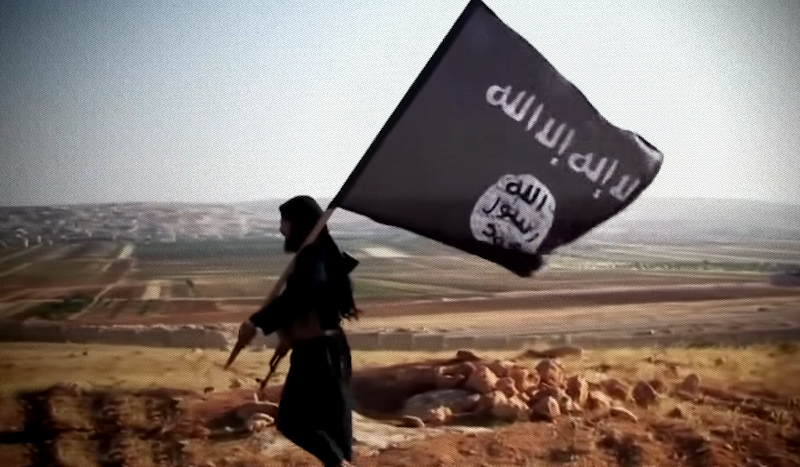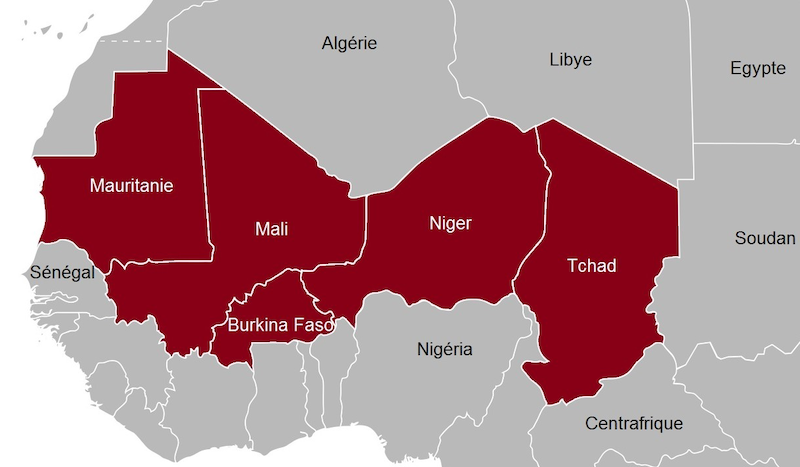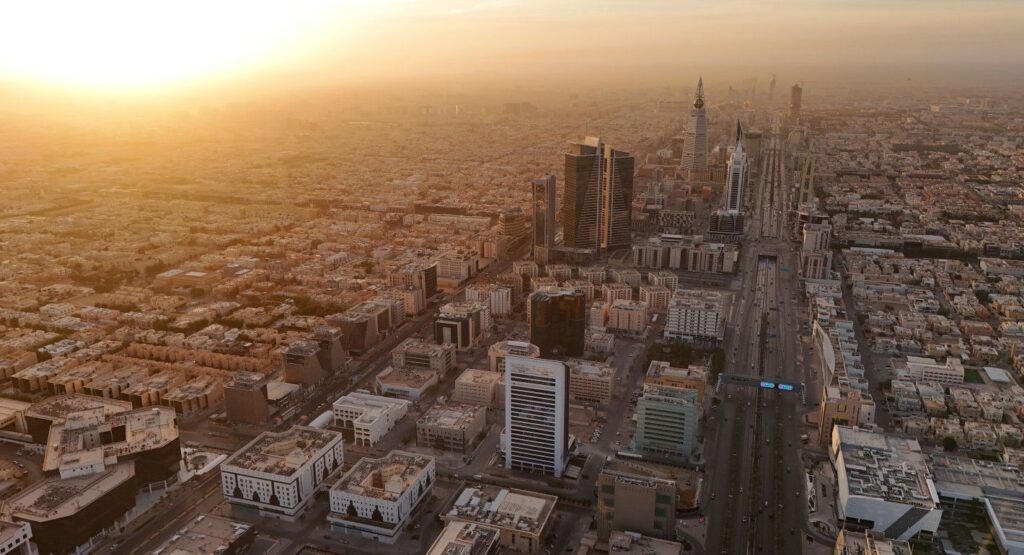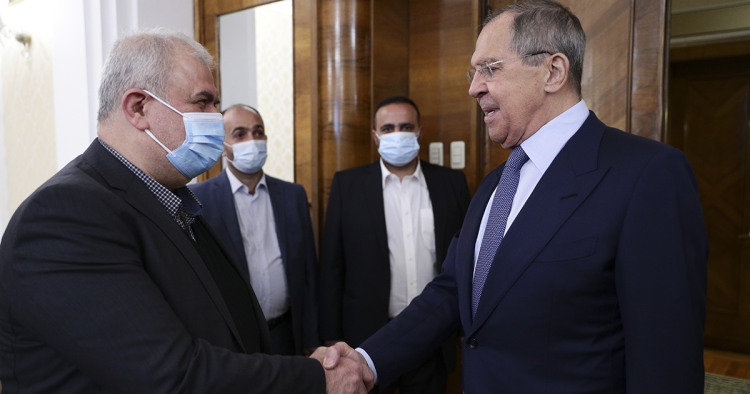Le modèle «affirmatif» du transgenrisme enfin abandonné en Grande-Bretagne suite au rapport Cass

Pendant deux décennies, il suffisait qu’un mineur anglais se dise d’un genre différent de son sexe biologique pour que la clinique Tavistock lui prescrive des bloqueurs de puberté et/ou lui inflige des mutilations génitales, tandis que ceux qui trouvaient cette pratique dangereuse étaient poursuivis pour transphobie.2,3,4

